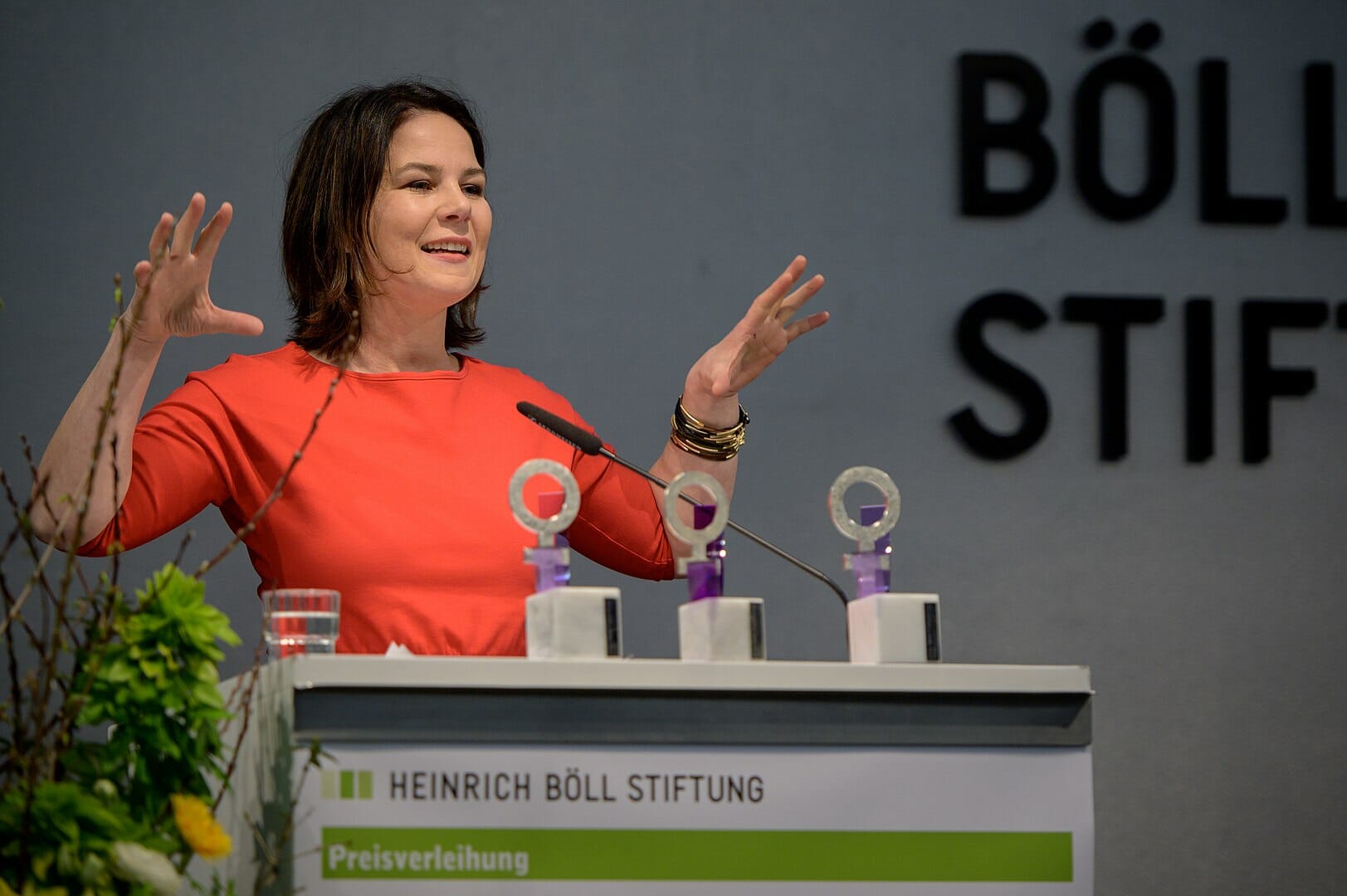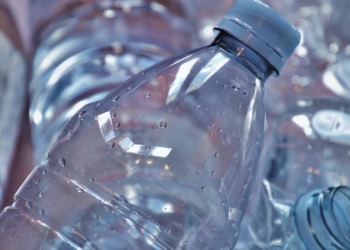France takes over the presidency of the council of the European Union for six months, starting today January 1, 2022, until June 30th. This presidency comes at a key period for French President Emmanuel Macron who is expected to run for re-election in April. Should Macron lose the 2022 election, his successor will take over the rest of the term to chair the meetings.
In a speech earlier this month, Emmanuel Macron laid out his priorities for the presidency and declared: “If I had to sum up in one sentence the goal of this [EU] presidency, which will run from 1 January to 30 June, I would say that we must move from a Europe of cooperation within our borders to a powerful Europe in the world, fully sovereign, free of its choices, and master of its destiny.” One it will achieve by reforming the Schengen area – the EU’s passport-free zone.
The Council of Europe, founded in 1949, is an intergovernmental organisation made up of 47 member states, aimed at upholding human rights, democracy, and the rule of law in Europe. Although the council cannot make binding laws, it does have the power to enforce select international agreements reached by European states on various topics – it has proven crucial for the development of European International diplomacy.
Although six month seems like a short amount of time to enact any measures, or suggest new mechanisms, the French president is not alone. The French government works with the two nations that follow it in the presidential cycle to develop an overall 18-month programme. France is working with Czech Republic and Sweden, to align its objectives and set priorities, taking over the previous ‘trio’ of Germany-Portugal-Slovenia. Such a system should encourage greater cooperation between member states.
The priorities of the French Presidency: a powerful Europe in the World
Emmanuel Macron has clearly announced that his main aim is to place Europe as a key and powerful global player within the international arena, “fully sovereign, free of its choices, and a master of its destiny.” Although Europe most definitely has the material wealth to become a superpower, it lacks the unity and political diplomatic strength compared to the United States, China, and Russia, all of which adversely affect the EU.
Macron has found an ally in Germany’s coalition government who shares in the wish to increase the bloc’s “strategic sovereignty” and backs France in its declaration of a “more sovereign” Europe. France’s presidency is “an important opportunity we want to seize together to strengthen Europe and make it fit to rise up to tomorrow’s challenge,” said Annalena Baerbock, Germany’s minister of Foreign Affairs.
The support of Germany is crucial for European Union unity within the international arena – nothing new here, however, as for a long time the EU has been sustained by a continuing and close German-French cooperation. But this time is particularly important as Germany will be hosting the next G7 Summit as president of the group of wealthy democracies, giving the EU a greater chance of establishing global diplomatic leadership in 2022.

“Our French friends can count on our support from the first day to the last to prepare the ground for a sustainable economic recovery, in the fight against the climate crisis, in digitalisation, and for a more sovereign Europe,” Baerbock added.
In terms of internal priorities, the French president is talking about “growth” and “innovation.” A summit planned in March to discuss a new growth model whereby member states will deliberate on a potential EU minimum wage, as well as ways to create stronger industries in tech, health, defence, and the environment.

The European Union in the face of growing digitalisation is hoping to catch up with the US, China, and Russia. The first step has been to bring about greater regulations with the new Digital Services Act and the Digital Market Act, but Macron says he hopes to increase regulations on digital giants, all whilst building and strengthening an EU digital powerhouse.
Macron also hopes to also tackle the growing migration’s crisis at its border with Belarus. He aims to bring about the creation of an emergency border support mechanism in the event of a crisis.
Several NGOs claim that climate action must be at the forefront of this transformative roadmap, and if achieved, it could seriously help the European Union position itself as a global superpower.
Related Articles: Macron’s Climate Policies: Can They Win Him Re-Election? | Germany’s Post-Merkel Government Might Be Just What the World Needs
The pandemic along with soaring energy prices have proven that the social-environmental-health agendas are deeply intertwined and must be addressed as such. To that end, Macron has declared that climate change is one of his top priorities, and the objective is to advance discussions on a border’s carbon tax mechanism.
The carbon tax mechanism is seen as a controversial issue by countries trading with the EU. For Macron and many European countries, it is only fair to tax products that are not sustainably produced and cause excessive carbon emissions – thus creating a level playing field with EU companies that must follow stricter carbon emission regulations. But for outside traders, it is viewed as a subtle form of protectionism and they are quick to cry wolf, claiming we are back to the days of Fortress Europe.
The next few months will, also, see a number of high-profile broad policy dossiers such as the Fit for 55 Package and the Zero Pollution Action Plan. Furthermore, in the next six months the French presidency will have to lead the EU in several critical important international meetings on biodiversity (COP15), sustainable development, and others, presenting prime opportunities for the EU to lead and encourage global progress.
The EU presidency amidst the French presidential campaign
Although French President Macron has still not announced his candidacy for the next elections, we can all expect him to run for a second term.
His presidency at the Council of the European Union could either substantially help him win the French elections or could prove to be a hindrance. If Macron chooses to base his campaign on Europe and European cooperation, his position as President of the Council of Europe would prove useful.
Yet, considering the time we live in today – amidst a never-ending pandemic, growing societal issues, and an economy near-breaking point – rivals may find it easier to maintain presidential debates at national-level. They may choose to focus on the French economy, national security and immigration and other domestic issues, largely forgetting about its allies within the EU.
Whilst hindrance may be too strong of a word, Macron’s position as new president of the Council of European Union may have no effect on its chances of winning the elections.
Editor’s Note: The opinions expressed here by Impakter.com columnists are their own, not those of Impakter.com. — In the Featured Photo: Mayors Congress November 19, 2019. Featured Photo Credit: Wikimedia Commons.










